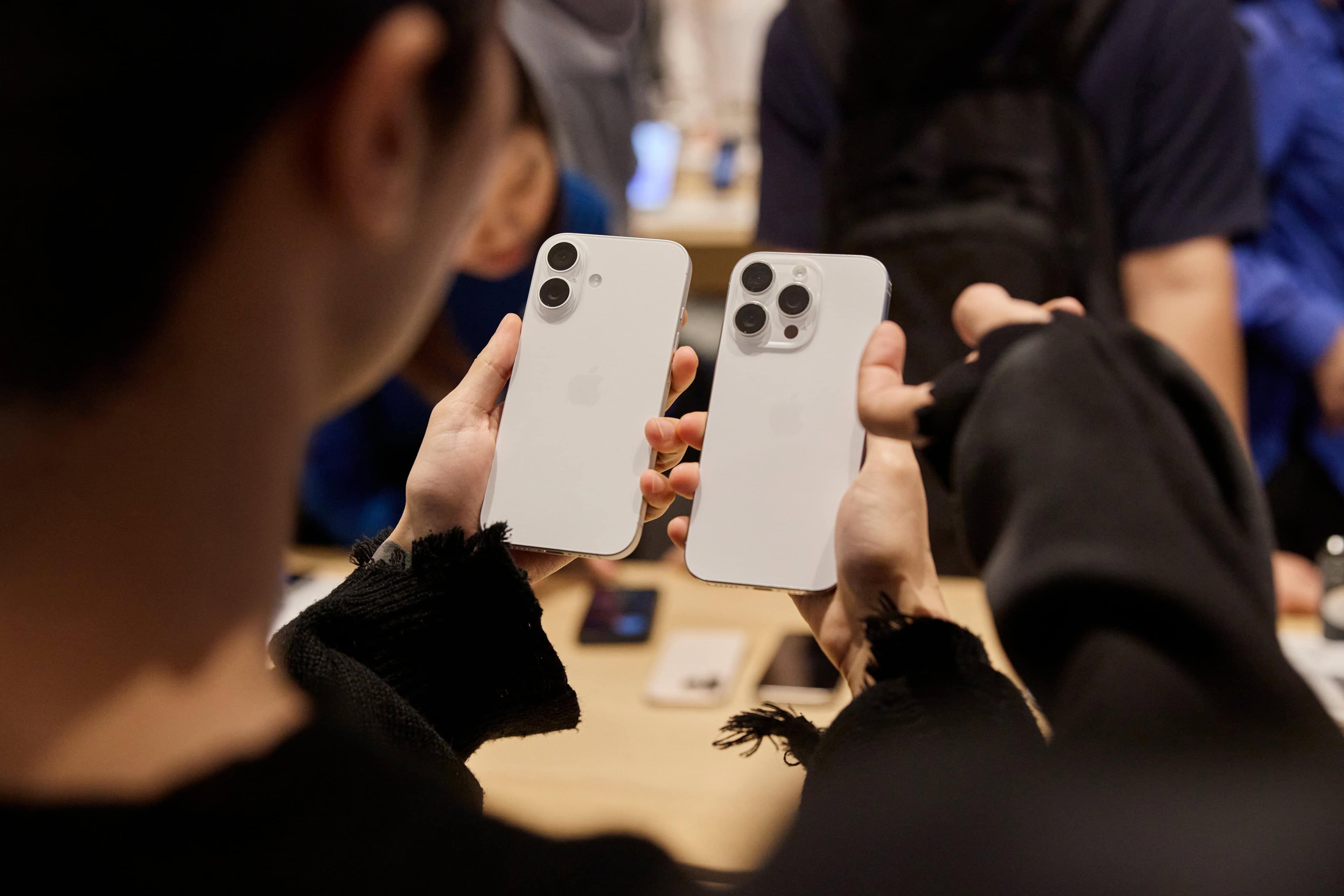When buying an iPhone 16 series model in the December quarter, a higher percentage went for Apple’s cheapest variant than they in the previous year, according to a market research firm. The basic iPhone 16 even beat out the 16 Pro.
Some of that growth was siphoned from the 16 Pro Max, just not quite enough to keep it from being Apple’s most popular during last quarter. And sales of older models without Apple Intelligence also lost ground.
The mix of iPhone 16 sales tells a story
To justify the higher prices changed for its two iPhone Pro models, these offer advanced features that the cheaper standard models lack. However, as the Cult of Mac iPhone 16 Plus review points out, the differences were less dramatic in last year’s lineup. Performance is nearly identical for the Pro and standard variants, and the Action Button and new Camera Control come in all four handsets.
It seems a result of this design decision is that more people than usual saved some money and went for the cheapest option, Consumer Intelligence Research Partners reported Wednesday.
According to these analysts, 21% of Apple handset buyers during the last three months of 2024 picked the basic iPhone 16. That’s six percentage points above what the basic iPhone 15 accounted for in the same quarter the previous year. And sales of the budget model moved ahead of the iPhone 16 Pro, as noted.
Growth in sales of the basic model came at the expense of Apple’s top-of-the-line variant. A smaller percentage of shoppers chose the premium iPhone 16 Pro Max in Q4 2024 than did the 15 Pro Max a year earlier. The share of the newer model was 23%, making it Apple’s most popular, but that’s three percentage points lower than its predecessor in the quarter immediately after its launch in 2023.
There was no change in the two other models. CIRP figures show 16% of Apple shoppers picked the iPhone 16 Pro last quarter, the same as the 15 Pro in Q4 2023. And 8% of iOS buyers went for iPhone 16 Plus, just as they did the 15 Plus a year earlier.

Chart: CIRP
An Apple Intelligence factor?
In Q4 2023, the iPhone 14 was no longer Apple’s newest handset but it still made up 12% of sales, according to figures from CIRP. A year later, the iPhone 15 supplanted it in Apple’s product lineup but accounted for only 8% of sales.
The difference may be Apple Intelligence. Those shopping for a handset in 2023 could get the previous year’s iPhone 14 knowing it was almost as good as the newly launched iPhone 15. But in autumn 2024, anyone choosing an iPhone 15 did so knowing it didn’t have the capacity to run Apple’s suite of artificial intelligence features.
Perhaps AI boosted interest in the newest models versus older ones. According to CIRP, the iPhone 16 series collectively made up 68% of all iOS sales in Q4 2024. Compare that to the same quarter of the previous year, when the entire iPhone 15 series made up 65% of iOS sales.
Just so there’s no confusion, the survey conducted by Consumer Intelligence Research Partners only questioned iPhone buyers, so these figures show only Apple’s mix of handset sales. Android sales are not included.


